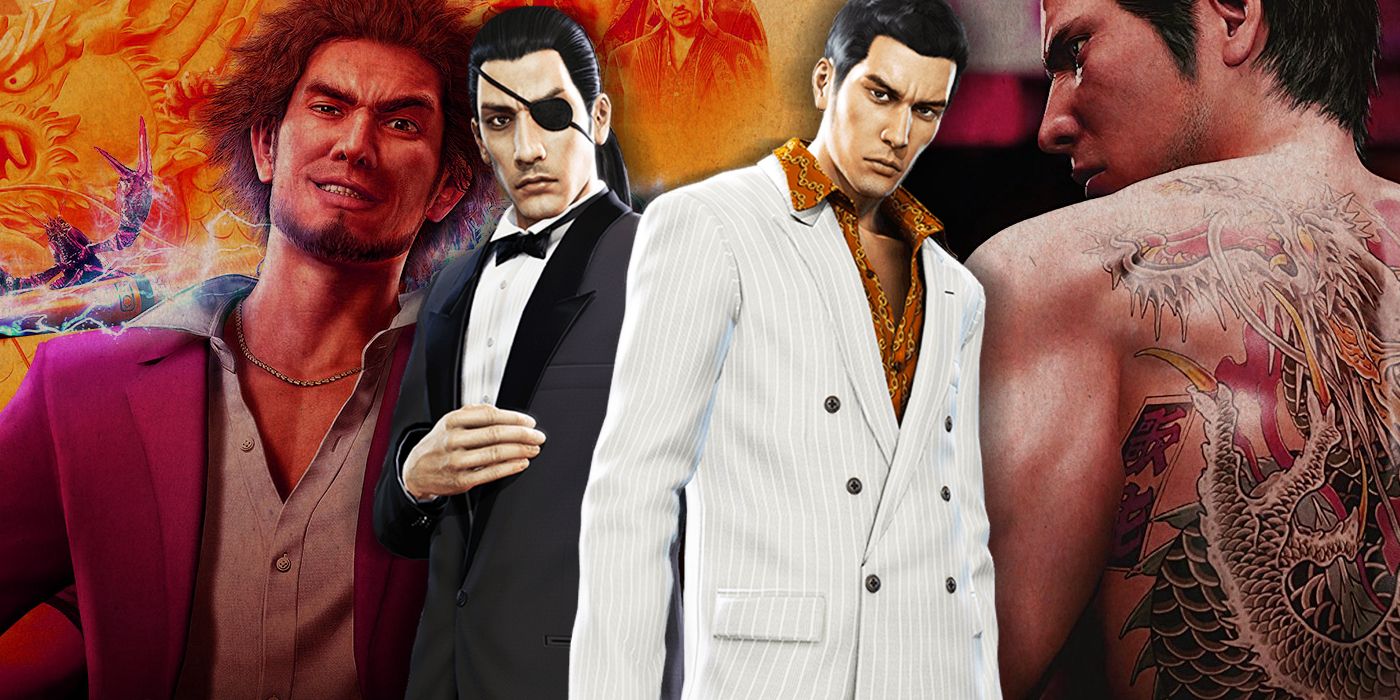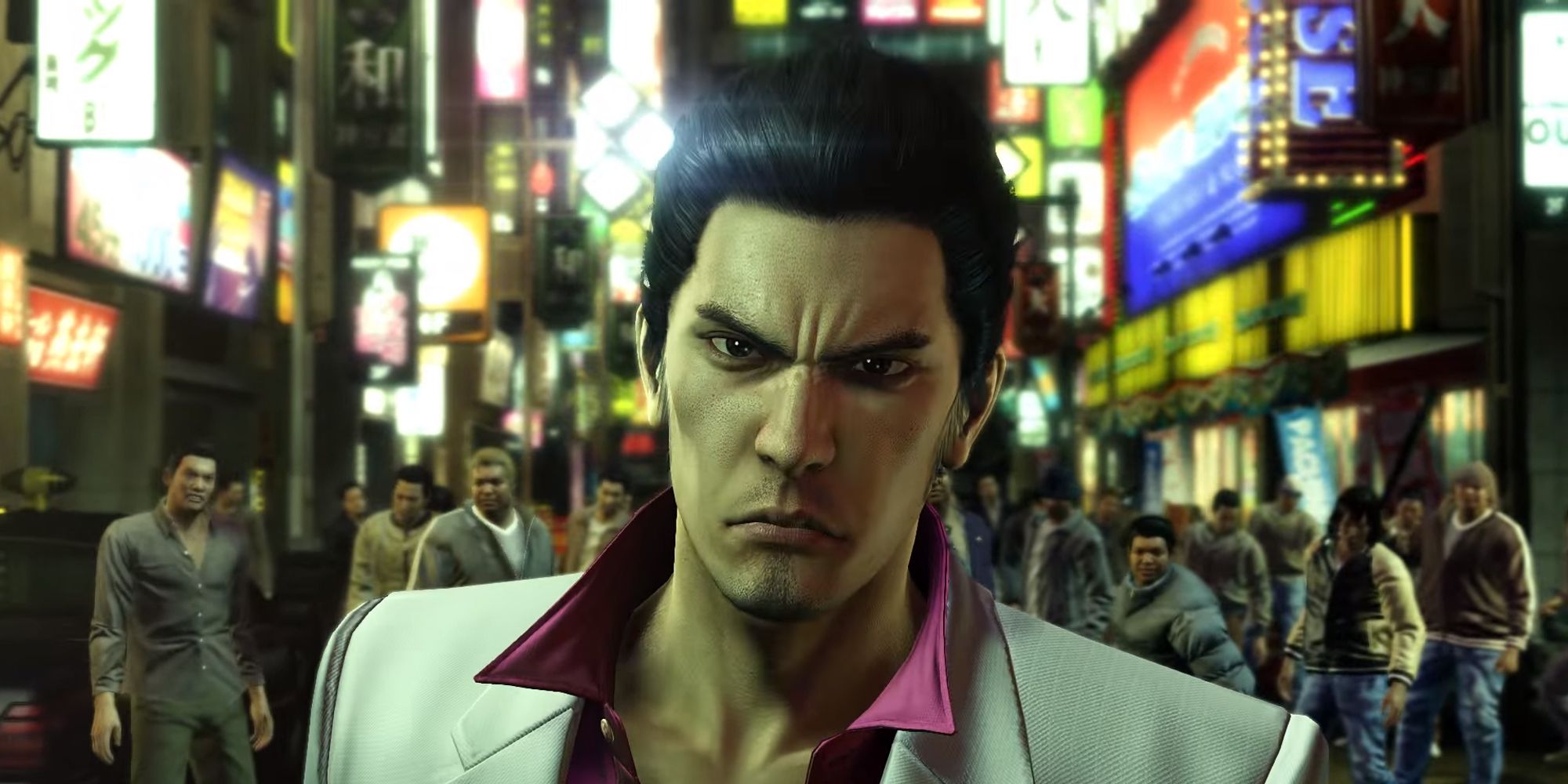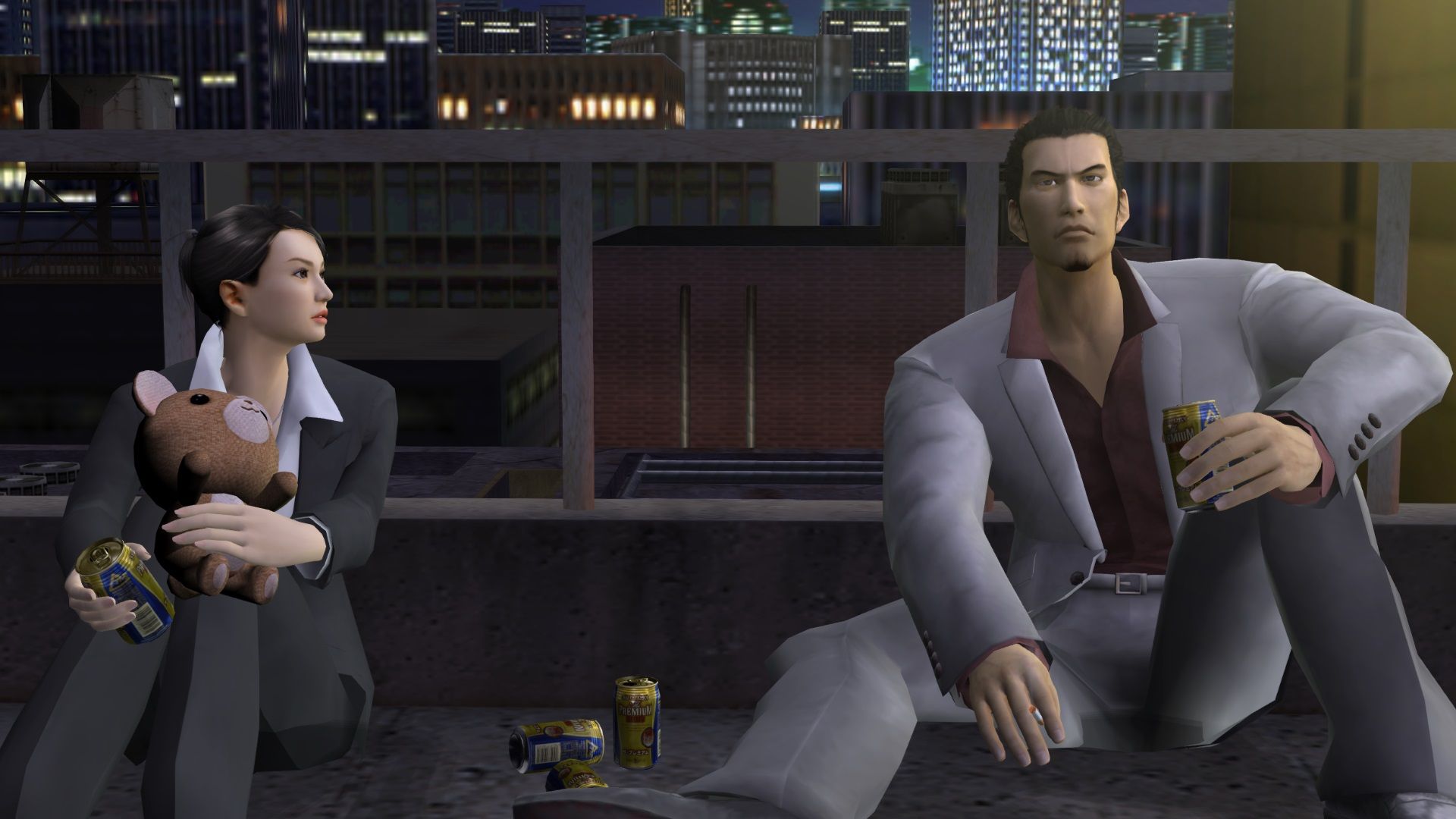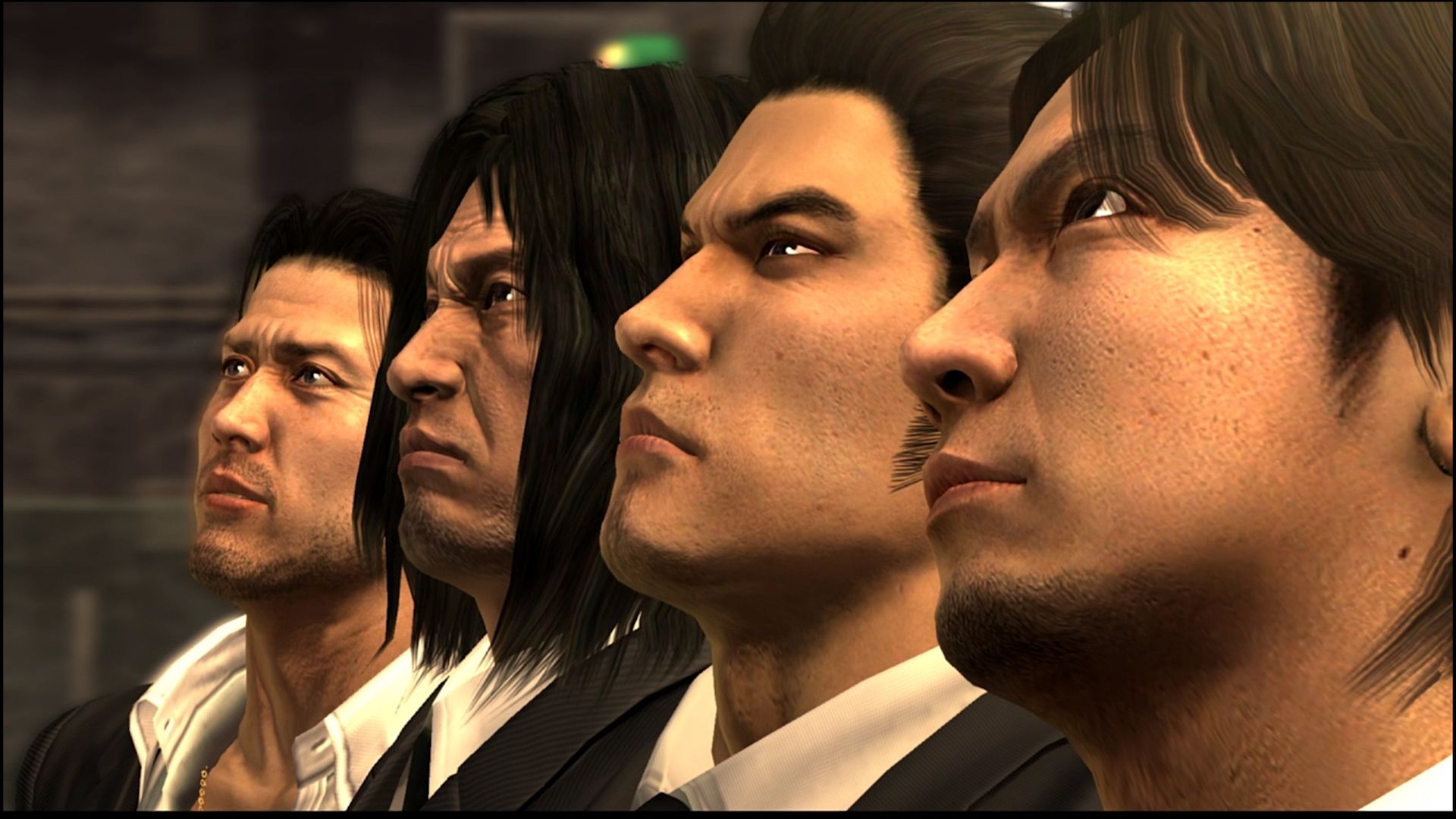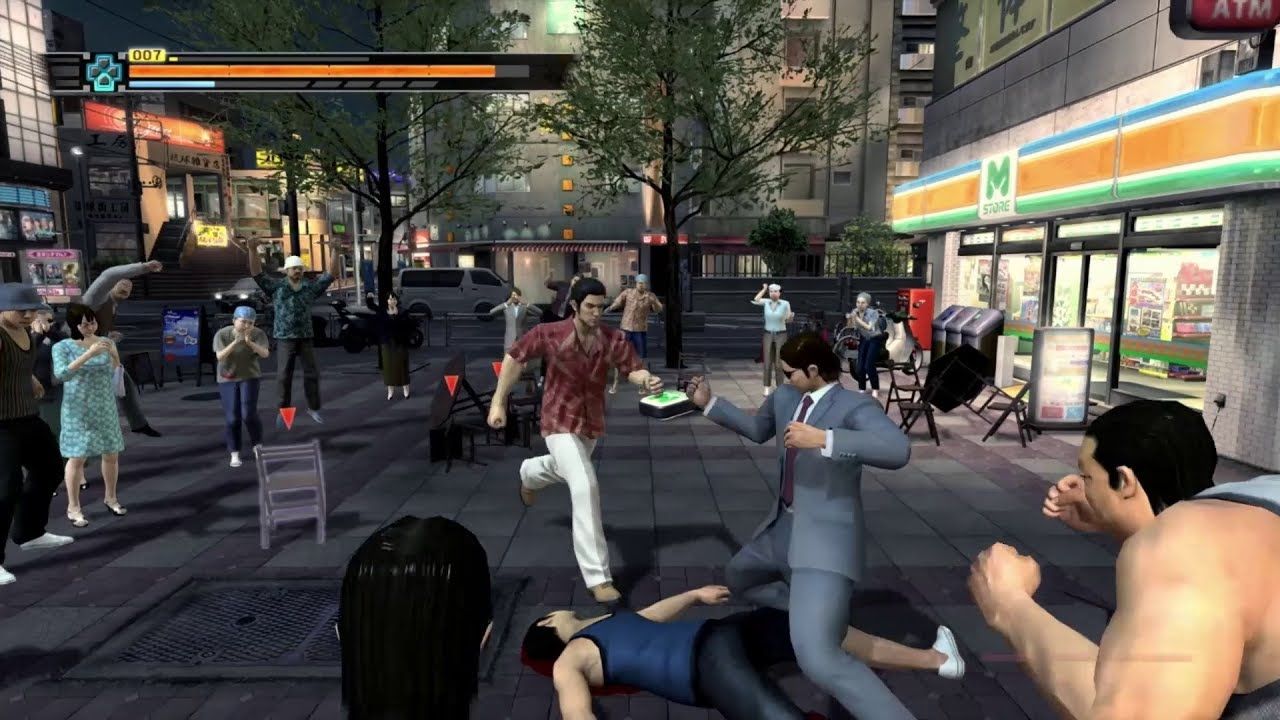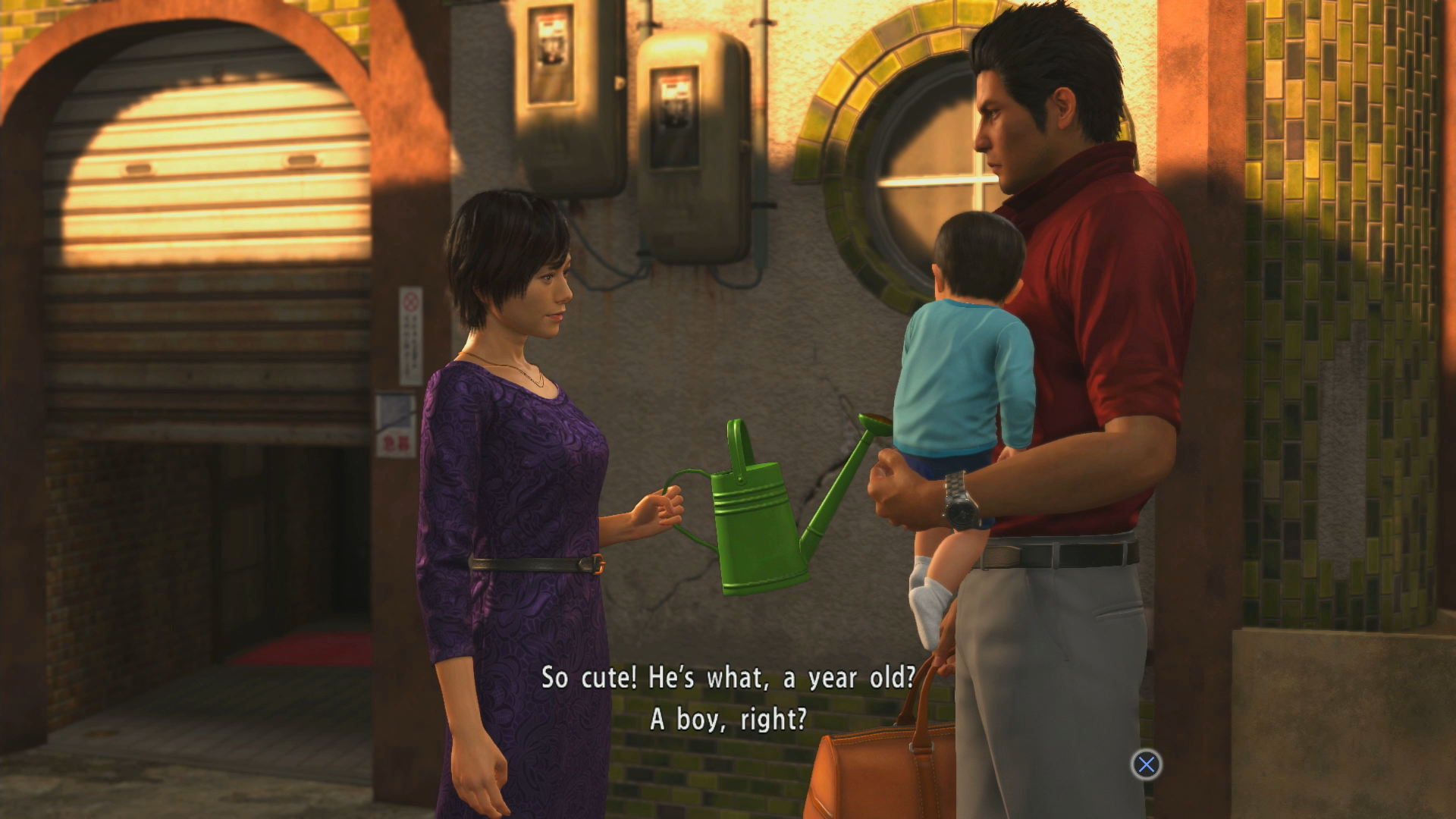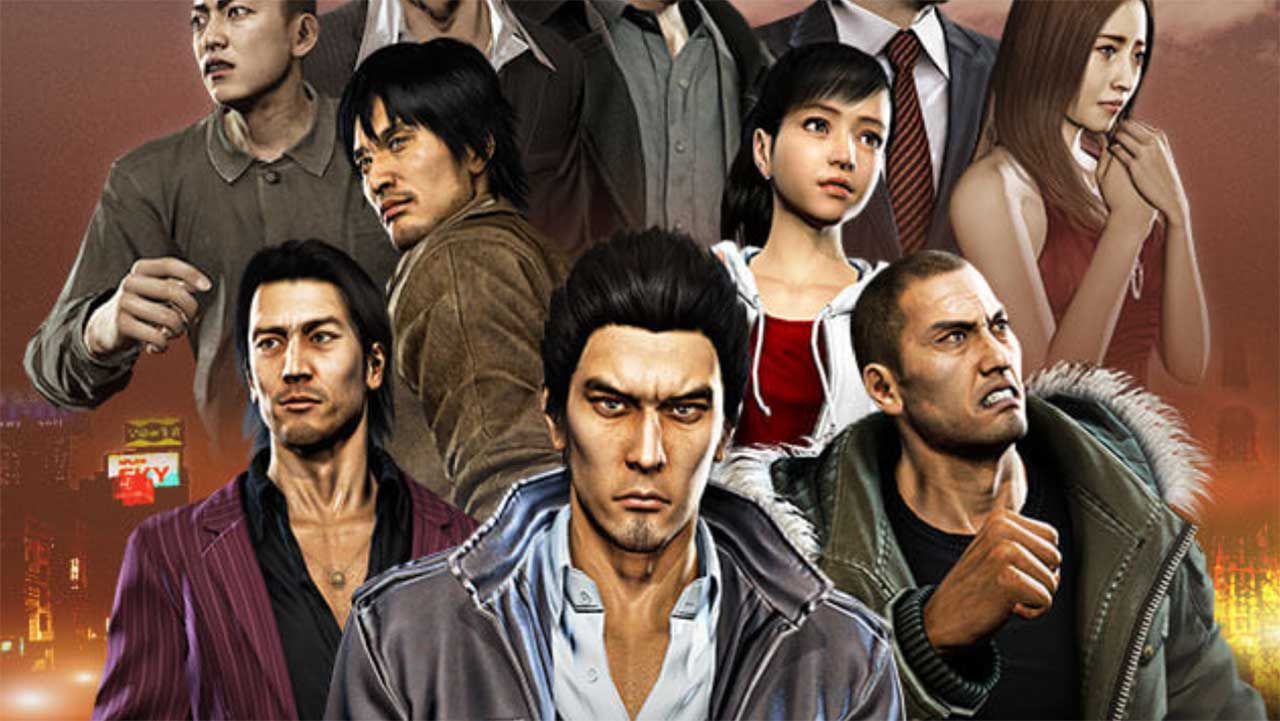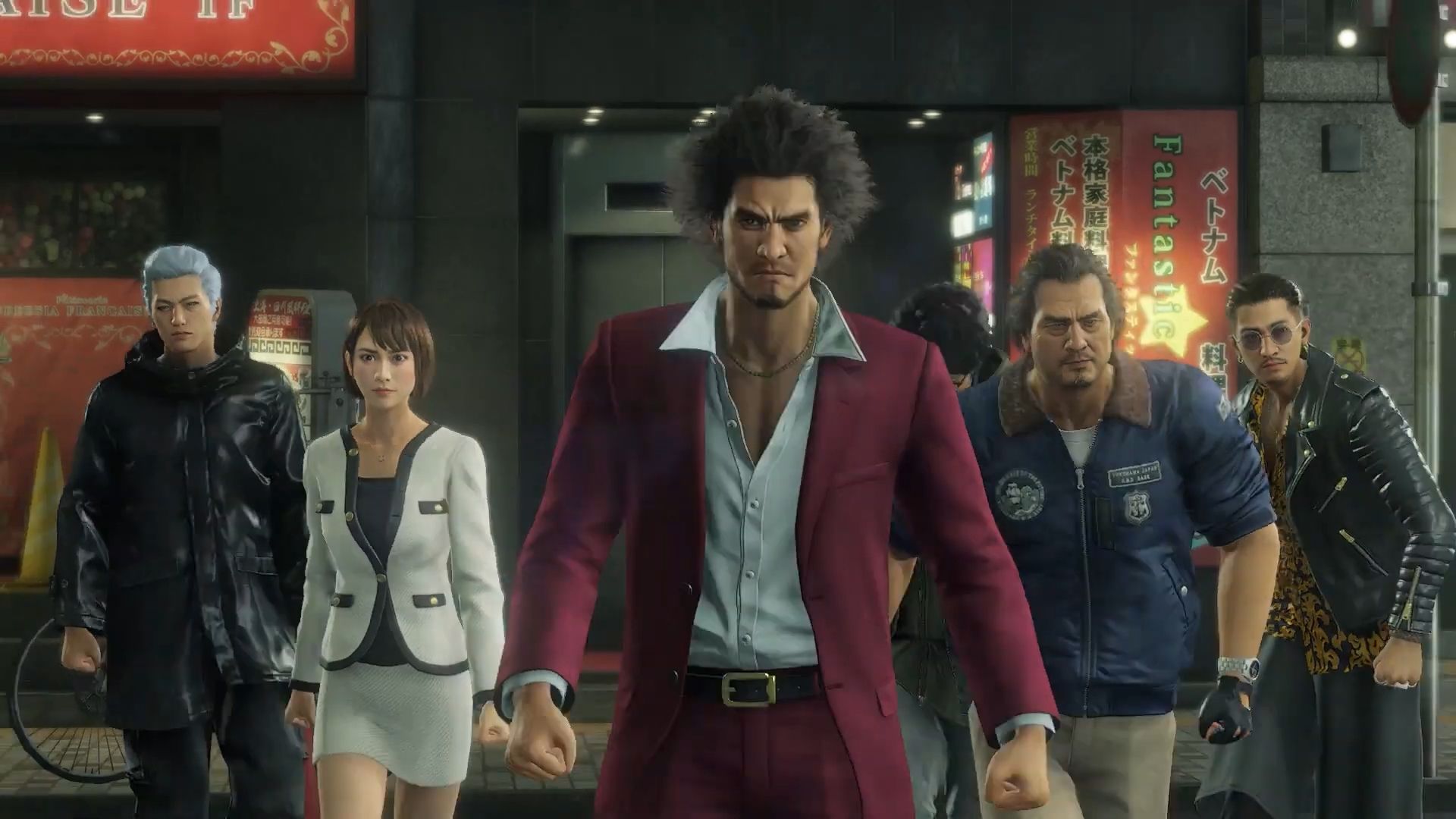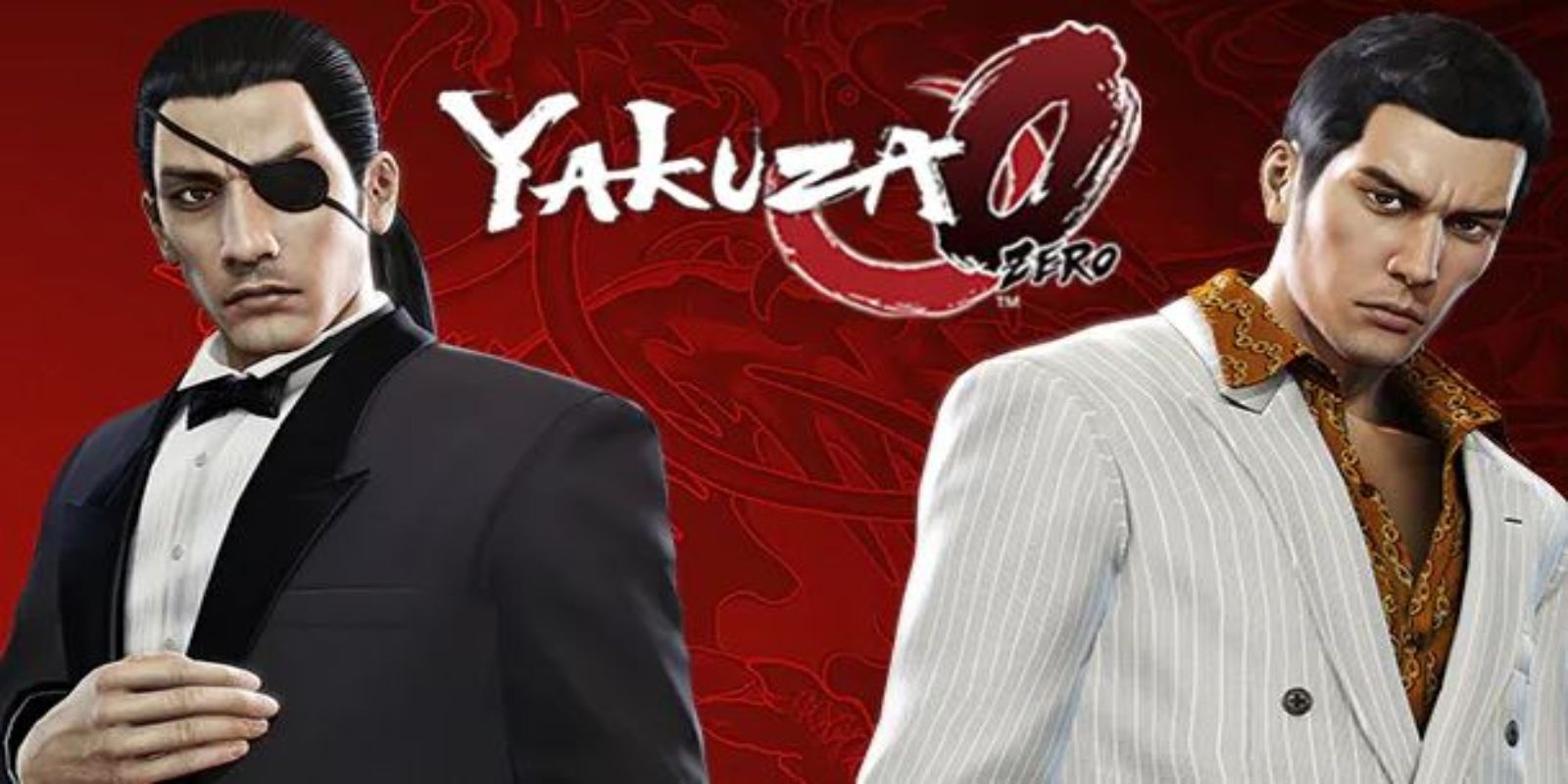Once a niche series that barely had any presence in the West, Sega's Yakuza franchise has grown into one of the company's biggest hits, likely rivaled only by the Sonic the Hedgehog franchise. Though it was born out of the remnants of Shenmue, Yakuza focused more on action and telling a succinct story by bringing the world of yakuza crime thrillers to video games.
Its success has led to eight main series entries so far, as well as several spinoffs, side stories and remakes. The latest game, Yakuza: Like a Dragon, is perhaps the strangest yet, though it continues to uphold the series' consistent level of quality. Here's a look at the main series Yakuza games ranked from worst to best, with the critical reviews scores aggregated from Metacritic and the Internet Game Database.
Yakuza: 76/100
In the case of the Yakuza series, it seems that the first is the worst -- and even it's pretty good. The inaugural entry in the series released in 2005 for the PlayStation 2, introducing gamers to the world of Kamurocho and Kazuma Kiryu. Kiryu, a former yakuza released from prison for a crime he didn't commit, is once again drawn into the Japanese underworld. Protecting the young orphaned girl Haruka for her connection to a stolen 10 billion yen, Kiryu is forced to fend off the Tojo clan and the machinations of their lieutenant Goro Majima.
The game was well-received upon release, especially in Japan. Critics particularly praised its cinematic storytelling, depiction of the Japanese underworld and generally building upon the best elements of the Shenmue games. However, some found its gameplay tedious, criticizing the constant random battles that Kiryu encounters across Kamurocho.
Yakuza 2: 78.5/100
2006 saw the release of Yakuza 2, which built upon the successes of the first game. The story had Kiryu assist the Tojo Clan in maintaining the Omi Alliance -- and running afoul of the Korean mafia in the process. He, as the "Dragon of Dojima," also gains a rival in Ryuji Goda, the "Dragon of Kansai."
The game's reception was even better than the first game, as Sega attempted to directly address the original's issues. The sequel added more minigames and peripheral gameplay features, while the fighting engine was adjusted to be more robust and less repetitive.
Yakuza 4: 79/100
The third entry on this list is Yakuza 4. The 2010 PlayStation 3 game featured a plot that spanned across several characters who join Kazuma Kiryu in the limelight. It involves an assassination attempt in the '80s coming back to haunt the yakuza in the present. The successes of its predecessors in the gameplay department made the game a slam-dunk in the same areas, but reactions towards its narrative were a bit more mixed.
Many lauded the plot for focusing on more than just Kiryu, with this also rounding out the gameplay. However, this also make the narrative's focus a bit muddled, and the delivery of the story was not always perfect. Likewise, many of the game's cutscenes were especially long while also being vital to the plot, making skipping them impossible.
Yakuza 3: 79.5/100
In the third game, released in 2009, players saw Kiryu run an orphanage in between dealing with the criminal underworld. Switching settings from Kamurocho to Okinawa, the game features Kiryu dealing with a corrupt land deal surrounding the orphanage, which evolves into a Tojo Clan murder.
The game's great reception was attributed to an increase in modes, as well as the slight graphical upgrade. The new locales and greater freedom of gameplay were also points of praise. The main criticisms regarded its Western release, which notoriously removed several gameplay elements.
Yakuza 6: 83/100
Originally releasing in Japan in 2016, Yakuza 6: The Song of Life officially concluded the story of Kazuma Kiryu. In it, Kiryu deals with an attack on his adoptive daughter, Haruka, while also dealing with the fact that she now has a child. Along the way, he gets entangled with the Korean mafia, Chinese triads and a mysterious cult called JUSTIS.
The game received positive reception, especially for its sendoff of Kazuma Kiryu. However, some criticized the game for not necessarily trying to tread any new ground. In fact, it actually cuts back on some of the features of its direct predecessors to make for a leaner, more intimate story. This didn't keep it from introducing cool concepts like Clan battles, however, as well as simply being another great entry in a consistently great series.
Yakuza 5: 83.5/100
2012's Yakuza 5 was, in many ways, a new beginning for the franchise. Along with a brand new graphics engine, the game boasted several locations across Japan and five total playable characters. These included Kazuma Kiryu, returning characters from Yakuza 4 and even Haruka, who's now a burgeoning pop culture idol. The plot involved a potential all-out war among Japan's various yakuza factions, drawing all of its protagonists into its criminal fold.
This "gang's all here" and bombastic approach to storytelling essentially makes it the true ending to the franchise's first half, with its sequel being more of an ending for Kiryu specifically. The story in particular was regarded as a well-crafted masterpiece, combining its myriad pieces and cast members much better than Yakuza 4 did. Its only real downside was that its fighting engine was starting to show its age, which explains why it was updated for the next two games.
Yakuza: Like a Dragon: 84.5/100
The latest game in the series, Yakuza: Like a Dragon, is also one of the best. This entry is a radical departure from its predecessors, featuring all-new protagonists and gameplay styles. The new main character is Ichiban Kasuga, who is released from prison after being framed by the Tojo Clan. Seeking to find out who betrayed him, he walks a new path as a sometimes over-the-top hero.
The series' traditional beat 'em up gameplay was changed entirely to become a turn-based RPG, reflecting Ichiban's cartoonish worldview. These game as a whole was praised for continuing the series' trajectory of success, but the switch to a much more niche gameplay style was more questionable. While some embraced the series trying to revitalize its somewhat stagnant gameplay, others didn't appreciate so drastic of a change. Still, the game has been a commercial and critical success, likely paving the way for more like it.
Yakuza 0: 85.5/100
Highly regarded as the best Yakuza game is 2015's Yakuza 0. Set in the 1980s, the prequel chronicles Kiryu's rise to prominence among the Dojima Clan, as well as Goro Majima's tragic collapse into a maniacal Joker-like hitman. The game updated the engine that had been relatively the same since the series' inception.
The story, especially involving Majima, is considered to be the series' best yet, and feels more like a gritty yakuza crime novel than any previous entries. Its additional gameplay elements, such as Kiryu and Majima being able to run cabaret clubs, were also incredibly well-received. Though some remarked that it mostly stuck to the established formula, most critics saw it as the perfection of that formula.

